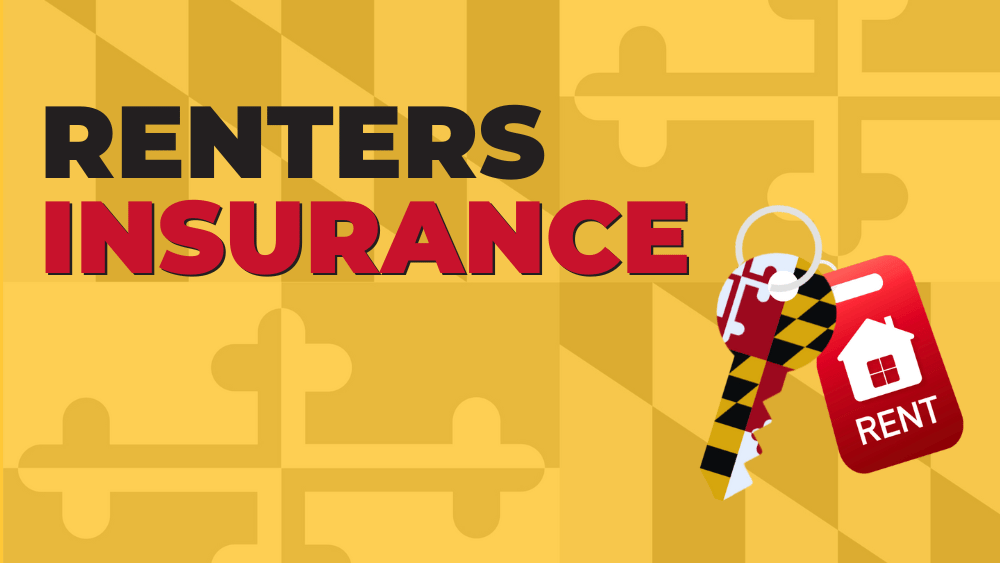
Why Renters Insurance is a Good Idea (En Español, 한국어)
If you rent, your personal belongings will not be protected against loss or damage unless you have a renters insurance policy. Your landlord has insurance for structural damage to the building, and might even be protected against damage caused by tenants. However, this coverage does not extend to your personal property, nor does it protect you from being liable for damage you might cause to the building inadvertently (e.g., a kitchen fire or a plumbing mishap) or to others who are injured at your property (e.g., a trip and fall over toys or furniture).
If something happened to your belongings, would you be able to replace everything you own?

Renters Insurance Policy Typically Covers:
Did You Know?
- Your landlord’s insurance does not cover your belongings.
- Some of the losses covered by renters insurance may include fire, theft, vandalism and windstorm.
- Renters insurance may even provide coverage if you lose your luggage while on a trip.
- If your laptop is stolen from a coffee shop or your car, you can file a claim on your policy.
- Most renters insurance costs between $25-$30 a month.
- You may be able to bundle your renters insurance with your auto insurance and receive a discount on both!
- You can buy renters insurance at any time, not just when you first signed your lease.
Comparison Shop
Make certain you provide the same information to each insurer or insurance producer, and that you compare policies that offer the same types of coverages with the same deductibles and coverage limits. This way you will be comparing “apples to apples” and will be able to tell how much money, if any, you are actually saving. You may want to contact several insurers or insurance producers; as well as ask your friends and relatives for recommendations. In addition, some banks, employers, and special interest groups offer insurance.
Shopping Tips
- Ask for price quotes: Make sure the information you provide is accurate and that you provide the same information to each insurance producer or insurer that you call.
- Ask for discounts: To help keep your premium down, ask what discounts the insurer offers.
- Ask about deductibles: A deductible is the amount you agree to be responsible for in the event of a covered loss before the insurer makes any payments.
- Do not buy an insurance policy based on its price: Consider the coverages, the limits, and the service. You may want to ask friends and neighbors about their experiences with their insurers.
Property Damage Liability Waiver
Your property management company or landlord may require that you purchase a Property Damage Liability Waiver (PDLW), or include a fee for a PDLW as part of your rent. It is important to know that a PDLW is not renters insurance and typically will not cover any of your belongings. A PDLW generally only covers damage to the building, and may only apply to certain types of events, such as fire, smoke, explosions, or leaking water.
Additional Renters Insurance Resources: